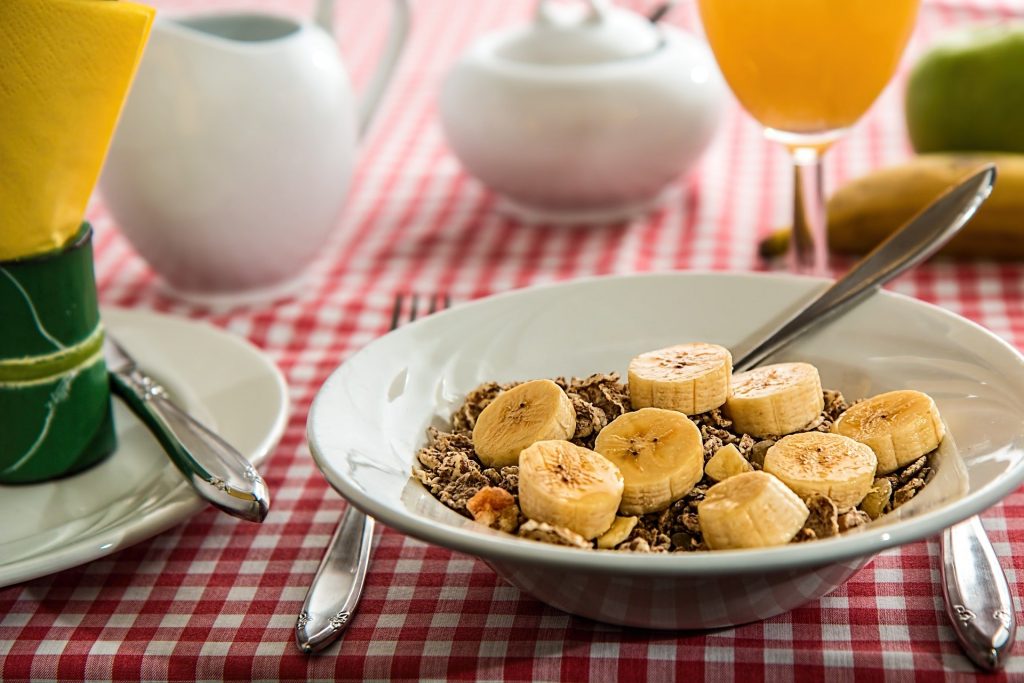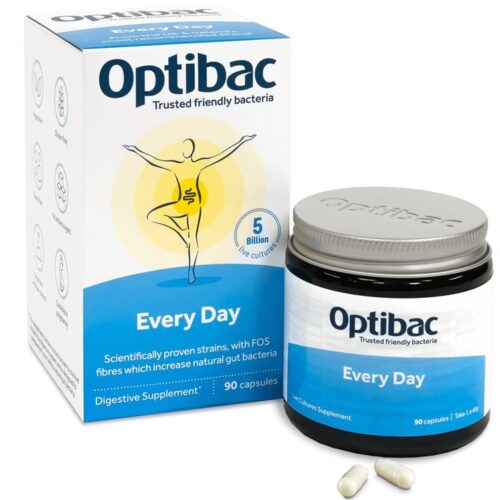Healthy Digestive System
Your digestive health is directly impacted by the foods you eat and the lifestyle you maintain. By taking steps to boost your digestive health, you’ll help your gastrointestinal system to function more efficiently, thereby improving your overall health and sense of well-being. Try these tips to improve your digestive health:
Signs of Digestive Problems:
Digestive problems can happen to anyone. Common symptoms include cramps, bloating, gas, diarrhoea or constipation. While these symptoms do not seem to be an indication of something more serious, certain conditions like Irritable Bowel Syndrome, Diverticulitis, and Crohn’s Disease can enhance symptoms.
Recommendations for Improving Digestive System

Eat Healthy Food on Schedule
Eat plenty of fruits, vegetables, and both insoluble and soluble fibre. Soluble fibre found in foods like oat bran, barley, nuts, seeds, and beans helps your digestive system absorb water. Insoluble fibre found in foods like wheat bran, vegetables, and whole grains keeps everything moving through your digestive tract. Try to sit down for breakfast, lunch, dinner, and snacks around the same time daily. Consuming your meals and snacks on a regular schedule can help keep your digestive system in top shape.

Probiotics Diet
Probiotics are healthy bacteria naturally present in your digestive tract. They help keep the body healthy by combating the effects of a poor diet, antibiotics, and stress. Additionally, probiotics enhance nutrient absorption, may help break down lactose, strengthen your immune system, and even possibly help treat irritable bowel syndrome (IBS). Ideal sources of probiotics include low-fat yogurt or kefir, which should be consumed on a daily. They can also be added to your diet by eating fermented foods or can be found in daily supplements

Insoluble and Soluble Fibre
It is important to consume fibre since it assists your digestive system in numerous ways. On the one hand, the body cannot digest insoluble fibre, so it adds bulk to the stools. On the other hand, soluble fibre absorbs water and helps to prevent stools that are too watery. Good sources of insoluble fibre include wheat bran, vegetables, and whole grains. By comparison, soluble fibre can be acquired from oat bran, nuts, seeds, and legumes.

Exercise Regularly
Regular exercise helps keep foods moving through your digestive system and reduces constipation. Exercise can even help you maintain a healthy weight, which is good for your digestive health. Exercise also increases blood flow and metabolism for smoother digestion. Incorporate regular exercise into your weekly schedule.

Limit Fat Intake
In general, fatty foods tend to complicate the digestive process, making you more susceptible to constipation. For this reason, pairing fatty foods with high-fibre foods to make them easier on your digestive system.

Stay Hydrated
Drinking plenty of water is good for your digestive health. Fibre pulls water into the colon to form softer, bulkier stools, allowing them to move easily. Drinking plenty of water also helps your gastrointestinal system function smoothly. Typically, it is recommended that women drink 2.7 litres of water per day, and that men drink 3.7 litres per day.
Product Features
Natural Products
Our products are natural.
Sustainability
We use sustainable and Eco Friendly manufacturing and products.
High Quality
Our products are manufactured to the highest possible standards.
No GMO
We never use genetically modified products.
Made in the UK
All of our products are made here in the UK.
Dairy Free
Our vitamins and supplements are dairy free.


